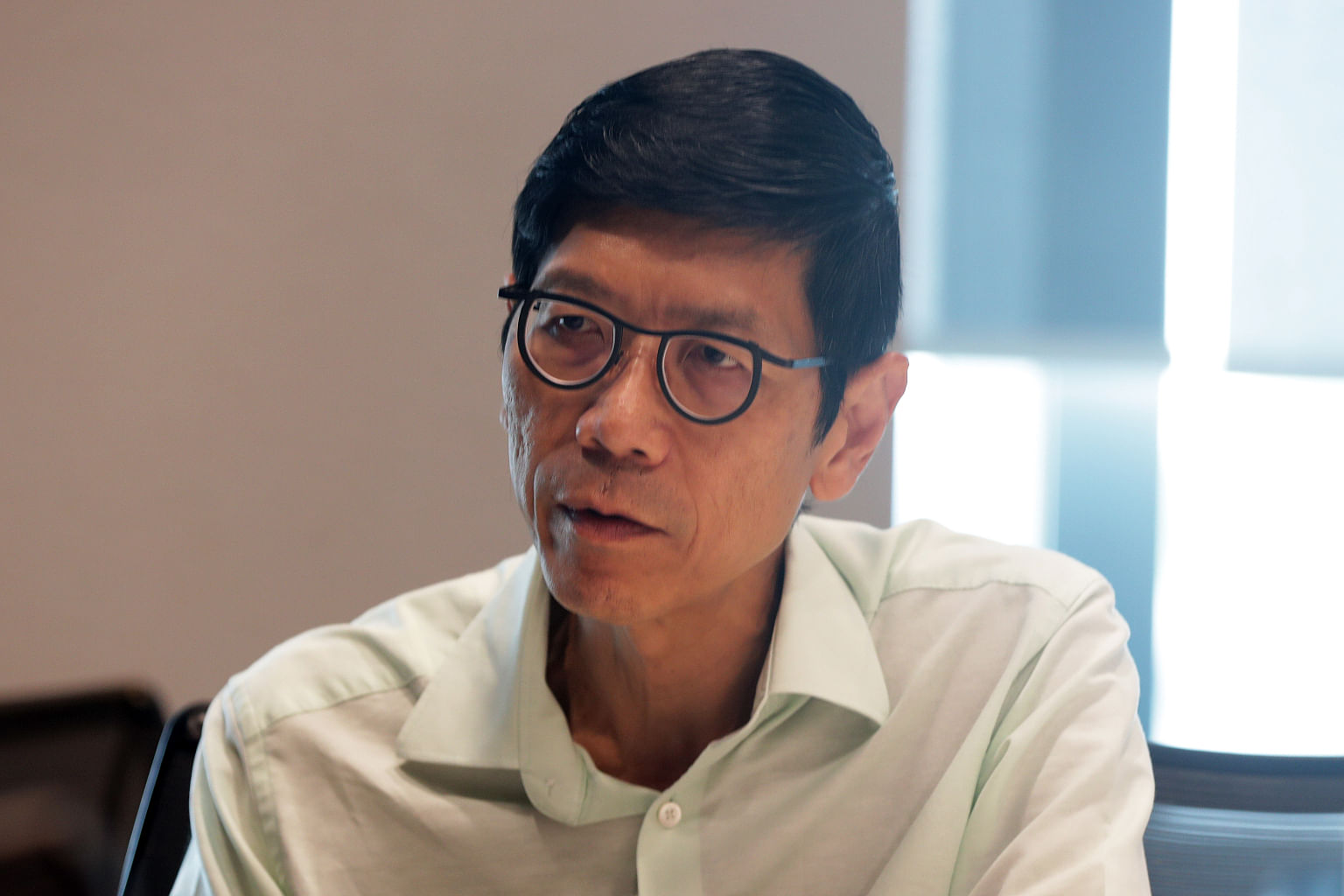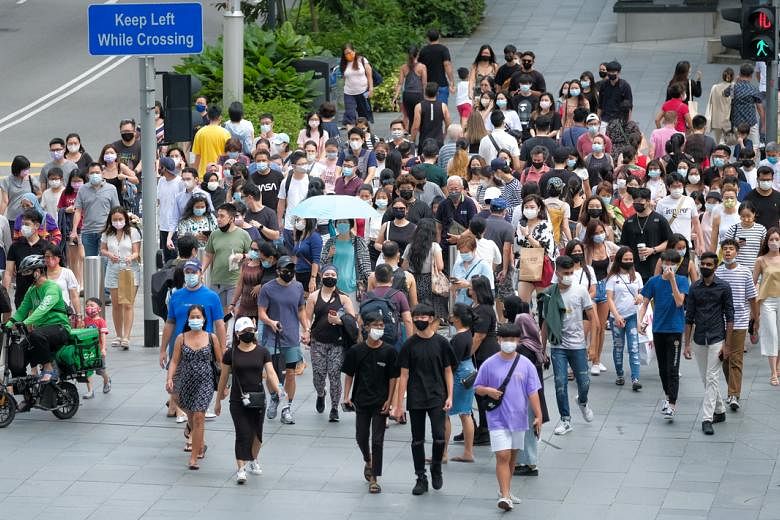SINGAPORE - At least 80 per cent of Singapore's population would have to be vaccinated in order to achieve herd immunity against Covid-19, said the Health Ministry's chief health scientist, Professor Tan Chorh Chuan.
"Where most of a population have immunity to the virus, this "herd immunity" indirectly reduces the risk of infection for those who are not immune to it, thereby limiting infection clusters," he said on Wednesday (Dec 16).
"The estimates for herd immunity vary generally around 60 to 70 per cent of the population, but a vaccine coverage of at least 80 per cent would be prudent."
So, assuming the efficacy of a Covid-19 vaccine is 90 per cent, vaccinating 80 per cent of the population would mean that about 72 per cent of the population would become protected, he explained.
Prof Tan strongly encourages everyone who is suitable to have the vaccination because this would protect them and their loved ones with whom they are in close contact, and reduce the likelihood of spread in Singapore.
On Monday, Prime Minister Lee Hsien Loong announced in his televised address on Singapore's Covid-19 vaccination plan that the first shipment of vaccines by United States pharmaceutical giant Pfizer and its German partner BioNTech is due to arrive before the end of the year.
Priority will be given to healthcare and front-line workers, as well as elderly and vulnerable patients, but the Prime Minister gave the assurance that there will be enough vaccines for everyone by the third quarter of next year.
Prof Tan said elderly people would include those who are 60 years and older.
"As this group is very large (close to a million people), planning is ongoing for the vaccination roll-out but it is likely that the elderly in institutional care settings such as nursing homes will be prioritised," he said.
He added that if the elderly and those with multiple health problems are vaccinated, symptomatic infection rates would fall sharply among these groups, who are at much higher risk of severe disease and death, and much more likely to need hospital care if they become infected.
Priority is also given to healthcare workers and front-line personnel, as vaccination would greatly reduce the risk of healthcare services being impacted if many healthcare workers get sick and are unable to work.
These frontliners would include non-medical workers at healthcare facilities, people who are involved with quarantine operations or working at border controls, he said.
"Beyond that, when a high proportion of the total population have been vaccinated, the risk of large outbreaks and super-spreading events would be markedly reduced," said Prof Tan.
Achieving herd immunity against Covid-19 helps protect those who cannot be vaccinated because of their age or their medical conditions.
This includes people with a history of anaphylaxis or severe allergic reactions, who should not receive the Covid-19 vaccine at this time, said Prof Tan, as well as pregnant women. It may not be advisable for patients who have medical conditions or are on drugs that suppress the immune system to have the vaccine, but more detailed guidance would be provided for this group.
In clinical trials for the vaccine, elderly people experienced similar side effects as younger adults, such as pain at the injection site, headache, tiredness and fever, but these were less common and milder than for younger people, he said.

The phase three clinical trials of Pfizer's vaccine showed 95 per cent efficacy in protecting an individual from getting sick.
"However, it is still not known if the vaccine also reduces or blocks viral transmission, although this was found in the animal studies," said Prof Tan.
"We expect that more clinical data on this important issue will become available later."
This is why those who are vaccinated should still continue to wear masks and practise safe-distancing measures.
Singapore also has advance purchase agreements for other vaccines, including those by Moderna in the US and Sinovac in China.


